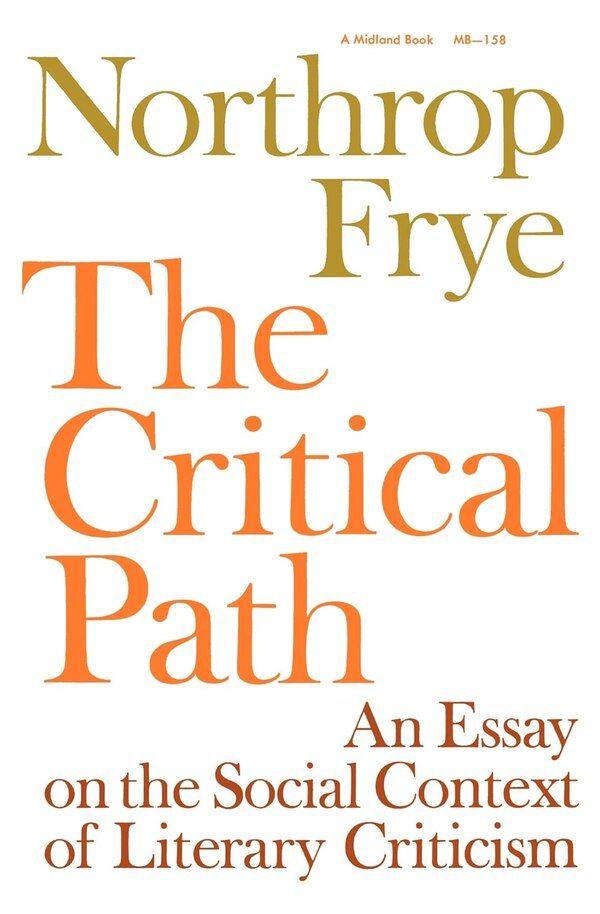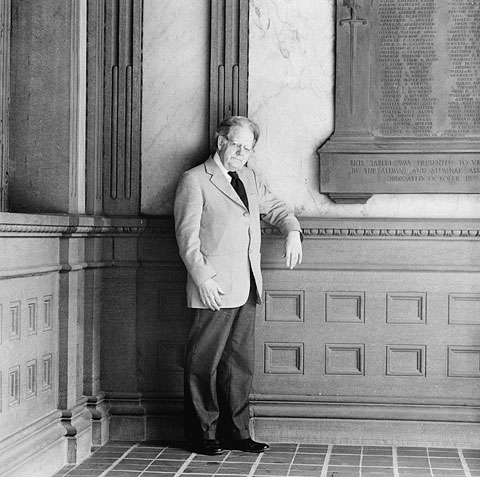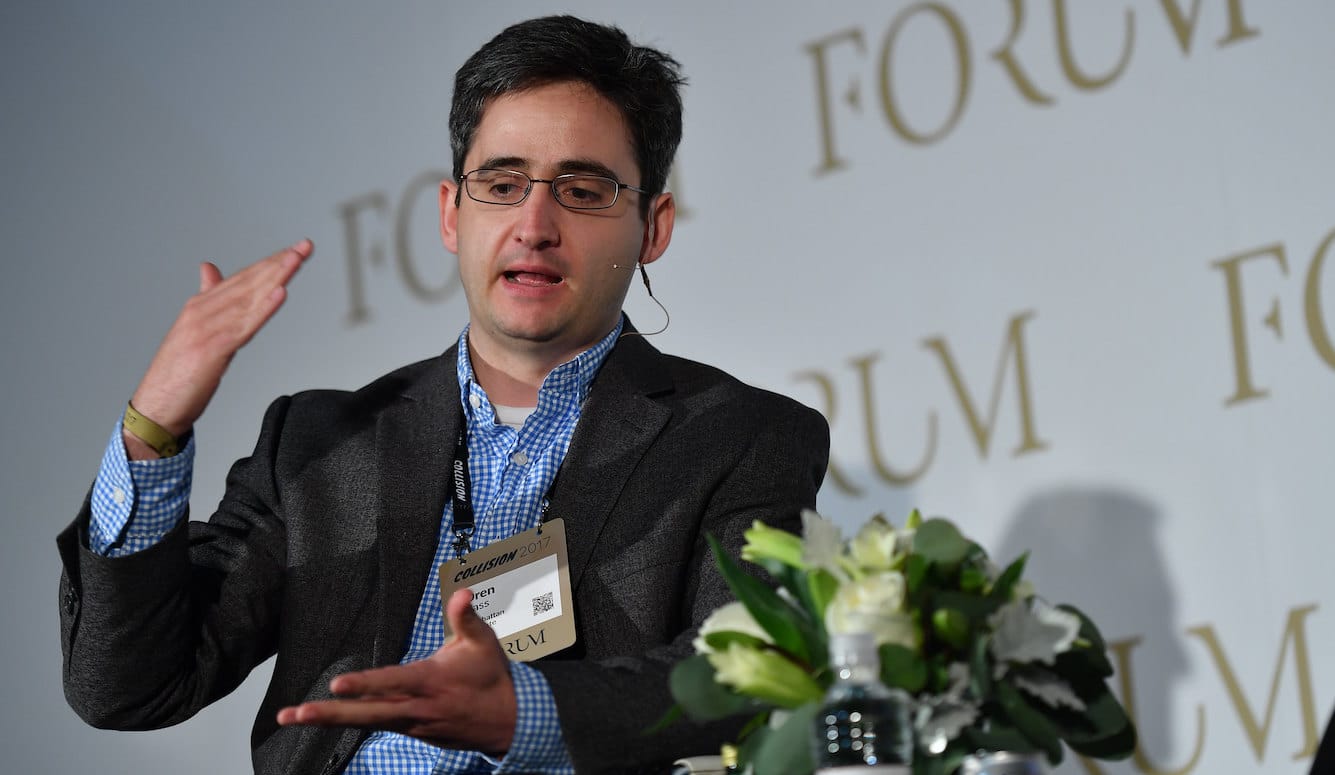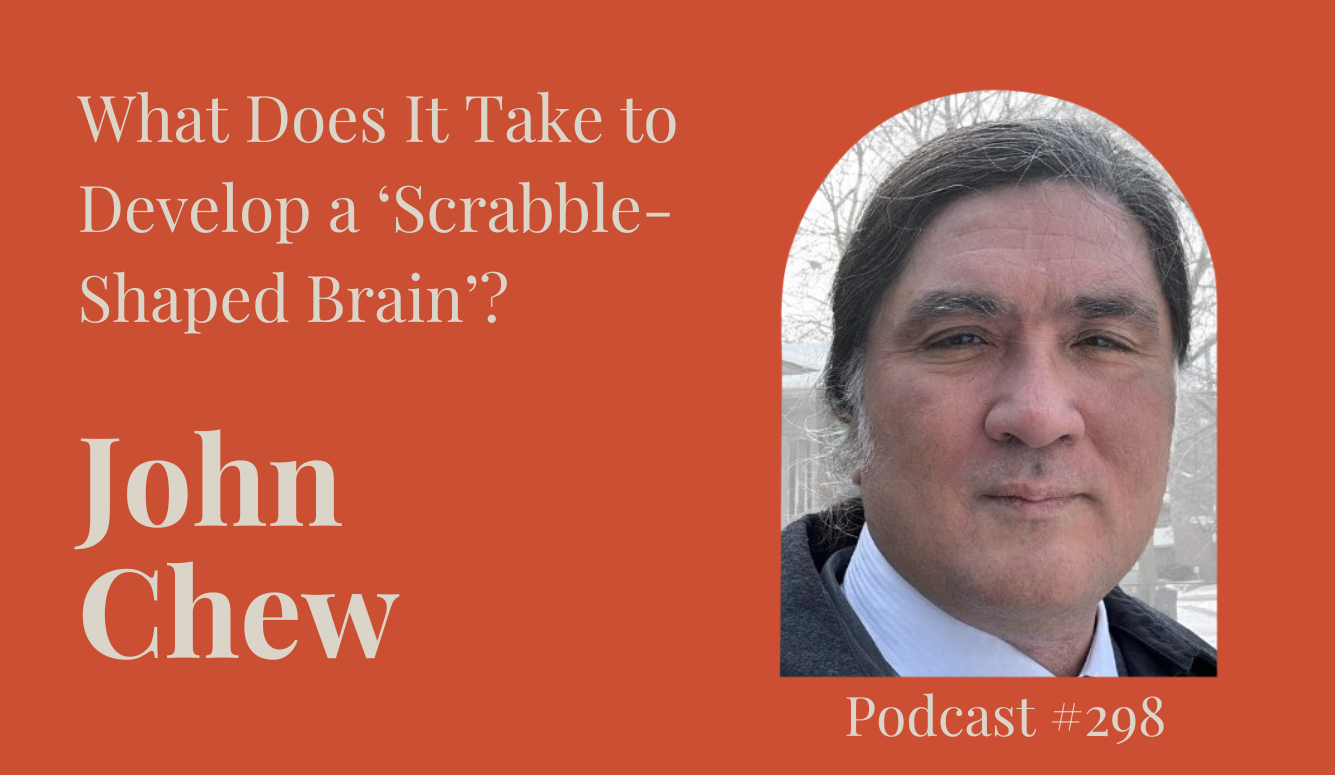Top Stories
Inquiry and Ideology in the Battle of Ideas
Rather scathingly, Frye notes that “in weak or insecure minds such a collision produces immediate panic, followed by elaborate defensive reactions.”

Two kinds of viewpoint inform our public debates today: those derived from values and those derived from facts and data. To simplify the battle of ideas by siding wholly with either values or disinterested inquiry leaves us with a choice of different values or different academic conclusions. But it also involves discounting an enormous amount of oppositional thought – value-driven arguments as a whole if you are a scientist, and much of what passes for science if you are an activist.
Are there any grounds for privileging value-driven viewpoints, on the one hand, or thoroughly academic attitudes, on the other? The notion that we should put our faith in science has a number of prominent advocates, such as Richard Dawkins, Sam Harris, and Steven Pinker. Similarly, a great many activists appear to have decided that prioritizing values is fully justified – in their view, science is a manifestation of power, and so everything conventionally thought of as epistemological is actually political. Perhaps the best answer is that there are no grounds for an a priori preference for either values or facts. But then how do we conceptualize instances where a values-driven movement becomes anti-social? The pages of our finest newspapers and magazines are replete with stories that testify to this creeping authoritarianism.

Written nearly half a century ago, Northrop Frye’s The Critical Path (1971) grapples with these questions, and sheds some light on the issues involved. Frye notes that most of us combine respect for the authority of university disciplines with a religious or political attitude. He conceptualizes the latter as “concern.” Concern, in his critical vocabulary, is distinct from the authority of the disciplines. (“Many of my readers,” Frye observes, “would call what I am calling […] concern an ideology, and […] those who prefer ideology may substitute it in most contexts.” In this piece, I will retain his term ‘concern.’)
Importantly, ‘truth’ and ‘reality’ mean different things to these divergent ways of approaching and understanding the world. For the disciplines, truth and reality are provided by nature, and our understanding of truth and reality depends on reasoning and evidence. For concern, “truth and reality are not directly connected with reasoning or evidence, but are socially established … its truth or reality is connected with human desire.” Concern is bound up with “truth of vision,” while the disciplines are dedicated to “truth of correspondence.” When Frye first speaks of concern, he emphasizes its mythical nature, and tries to explain how, in the Western world, distinct “myths of concern” jostle with one another. We have inherited the “Judeo-Christian myth as set out in the Bible,” but other myths are also of great consequence, such as “the myth of democracy and the revolutionary working-class myth.”
As a university professor, Frye had a keen sense of the towering importance of disinterested inquiry. Indeed, he thinks of those who defend the spirit of inquiry as a minority in society, and, over the course of his lifetime, he obviously saw himself as a part of that minority. But in this theory of society, he insists that inquiry must learn to live with concern. He expresses his support for a synthesis of concern and inquiry by rejecting the notion that either should ever become hegemonic. On the one hand, we have what I call the “Don’t bother me with ‘facts’” approach which Frye, as a researcher, unsurprisingly rejects out of hand. Inquiry, he tells us, justifiably, challenges concern:
[A]stronomy had to accept a heliocentric view of the solar system even though social anxieties demanded a geocentric one; sooner or later British history had to give up on King Arthur even though the British imagination clung to him. That is, historians and scientists found that they had not only a social function, but a discipline of their own that demanded loyalty to its principles.
Rather scathingly, Frye notes that “in weak or insecure minds such a collision produces immediate panic, followed by elaborate defensive reactions.” Since nobody can entirely escape the prejudices of their socio-cultural environment, many in the humanities prefer to claim that disinterested inquiry doesn’t exist at all, a lesson absorbed from Critical Theory. For Frye, this amounts to an attempt to collapse disinterested inquiry into concern, and truth of correspondence into truth of vision. The origin of this idea, he argues, is Marxist:
Many Marxist theologians […] insist that, as everybody exists in a specific social context, there is no such thing as complete detachment from a social attitude which must be either revolutionary, and so in agreement with them, or counter-revolutionary.
This, Frye argues, is simply bad logic. From the notion that “complete objectivity is impossible” one cannot safely infer that “differences in degree of objectivity are not significant.” So, the “Don’t bother me with facts” attitude does not get us very far. But nor does its counterpart.

The counter viewpoint argues that as society progresses, it undergoes a process of demythologization, which can lead to the conclusion that all we need is science. Frye makes light work of this outlook, too. Just as it is unwise to assume that everything can be collapsed into ‘concern,’ it is wrong to conclude that only science possesses authority. “Some, of course, meet the collision of concern and freedom from the opposite side,” observes Frye, “with a naïve rationalism which expects that before long all myths of concern will be outgrown and only appeal to reason and evidence and experiment will be taken seriously.” David Hume, Frye would no doubt say, was correct to say that an ‘ought’ cannot be derived from an ‘is.’ Rather, concern must supplement science: “The growth of knowledge cannot in itself provide us with the social vision which will suggest what we should do with our knowledge.” [emphasis added]
Frye does not adopt an “anything goes” attitude to concern. Ideological zealotry provided the backdrop to his entire career, and, unsurprisingly, he does not fail to incorporate considerations about the worst myths of concern into his framework. He candidly states that “Some myths of concern obviously make a fuller life possible than others do”, before identifying charity and intellectual honesty as two values which inhere in the better myths of concern. And those considerations segue to a damning assessment of Nazism (a “myth of concern” in this framework, though a diabolical one). But he is clearly of the view that a great many myths of concern are benevolent in their effects and that, generally, they must be accommodated by society.

Northrop Frye in 1984
Frye suggests, then, that an intellectual who denies the value of concern and a “true believer” who denies facts are something of a pair – both hope to simplify public debates using an a priori emphasis on one viewpoint. A public intellectual like Steven Pinker, who takes a dim view of myths of concern, is in this sense the bedfellow of creationists who deny science. And so we are stuck with our squabbling, feuding society, in which concern and inquiry must inevitably clash over and over again.
Frye attempts to grant plausible authority to a range of interested parties – he criticizes naïve rationalists and ideologues, but his criticisms relate to their modus operandi, not their views on specific issues. Informed by his preference for a balance of concern and inquiry, Frye then focusses on what happens when concern becomes too powerful and militant. Society, he argues, may have an open or a closed mythology, where the difference is between a better way of organising society and a vastly inferior one.
A society with an open mythology accepts, “as part of a permanent tension between concern and freedom, a plurality of myths of concern, [emphasis added] in which the state assumes the responsibility or keeping the peace among them,” and imposing “a kind of rules of the game order within which dissent and opposition can operate.” Importantly, “an open mythology establishes the relativity of each myth within it.” An open mythology is important because, realistically, all that humanity will ever be able to agree on is the assumption that “life is better than death, freedom better than slavery, happiness better than misery, health better than sickness.” In Frye’s view, “A society with an open myth can accommodate itself to such an assumption.”
Frye’s characterization of the closed mythology should give us all pause for thought. Its salient feature is not an allegiance to myths themselves but to how they are propagated. When a myth of concern becomes a closed myth, its beliefs become compulsory. The danger is that temporal power adopts a particular myth of concern, so that it must be absorbed, and other concerns become contraband: “The tendency of a closed myth is to move from […] broad principles to more specific ones, prescribing more and more of a citizen’s beliefs, and obliterating the varieties of social attitude.” In the process, opposition and pluralism are crushed: “A society with a closed myth makes it compulsory for all its citizens to say that they support it, or at least will not overtly oppose it.” Totalitarianism in its different manifestations represents the most extreme form of a closed myth of concern, and Frye was writing about every horror the 20th Century had experienced up until then.
The concept of the closed mythology is a very useful one. A striking feature of our time is the documentation of attempts by various groups to limit specific areas of personal liberty. Articles explore the vexing issues raised by ‘cake wars,’ no platforming, diversity training and the histrionic response its critics, the compulsory employment of gender-neutral pronouns, and so on. These examples have all produced a suspicion that the ideological Left is imposing its attitudes on the wider society by closing its myths. Of course, the ideological Right is guilty of this behavior, too. When the President of the United States floats the idea of making it obligatory to stand for the national anthem, he is expressing his desire to close a myth.
Critics of these tendencies know that in countries such as the US, Canada, and the UK, an open mythology still organizes life, and we all benefit from the freedom this system provides. But instances of control are significant, nonetheless, no matter how trifling they may appear in isolation; they remind us that, within liberal democracies, there are people tempted to reorganize society along altogether different lines. Their attempts to limit personal liberty represent something more dangerous than ideological inflexibility on any given matter – they are the auguries of a closed myth of concern.






